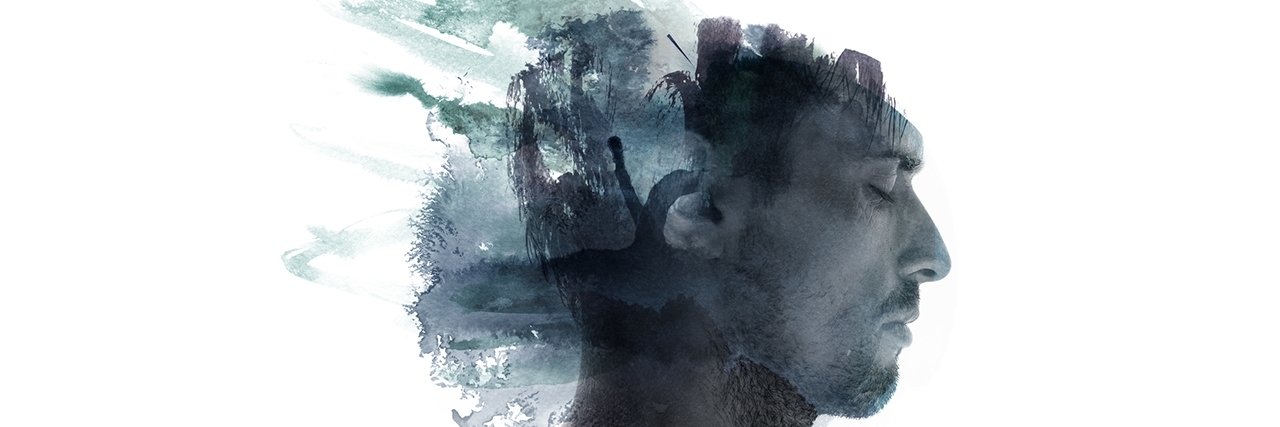Many people who subscribe to the think-yourself-out-of-it school of mental illness recovery will attempt to talk sick people out of their sickness by telling them all the reasons why logically their mental illness doesn’t make sense. This is the approach of people who say, “Anorexia doesn’t make you attractive, being that skinny isn’t pretty,” or “Don’t panic, there’s nothing to be scared of!”
Ultimately these statements are usually incredibly unhelpful.
One particularly ridiculous subset of this, however, is the tendency to try to steer people away from mental illness (as though it were a choice) by telling them the ways in which they are making or will make themselves physically sick (as though it’s the only kind of sickness that really matters). Telling people with bulimia that they are destroying their teeth and oesophagus, or people with anxiety they are giving themselves high blood pressure or severely depressed people that eating terribly and getting no exercise will take a toll, is supposedly helpful because it associates the mental illness with a tangible, physical problem which is more off-putting than the mental illness itself.
The implicit assumption these sentiments come from is that a person with a mental illness is hurting themselves for the sake of sustaining their mental illness, rather than the truth — which is that mental illnesses hurt people because they are illnesses. In reverse, it sounds ridiculous – the idea of telling somebody, for instance, not to get cancer because it will make them depressed. And yet it seems to make sense to many people that recovery is just a case of showing somebody they could be in “real” danger, to make them see that mental illness isn’t a good idea.
Illnesses are illnesses, not choices. The physical aspects of my conditions are part and parcel of being sick, and I sometimes get particularly scared, as someone with Eating Disorder Not Otherwise Specified (EDNOS), about what my extreme diet will do for my health in the long run. The thing is, I can tell myself perhaps I’m shortening my lifespan and it doesn’t cure me; it just makes me sad. In my opinion, being kind to a loved one who is suffering and helping them to see the illness as the thing that is abusive and hurtful is far, far more productive than simply pointing out one specific aspect of their pain as though it can cure them. Often I think we with mental illnesses already feel guilty enough, and we are not responsible for our own suffering.
The Mighty is asking the following: Tell us a story about a time you encountered a commonly held misconception about your disability, disease, or mental illness. How did you react, and what do you want to tell people who hold this misconception? Check out our Submit a Story page for more about our submission guidelines.

